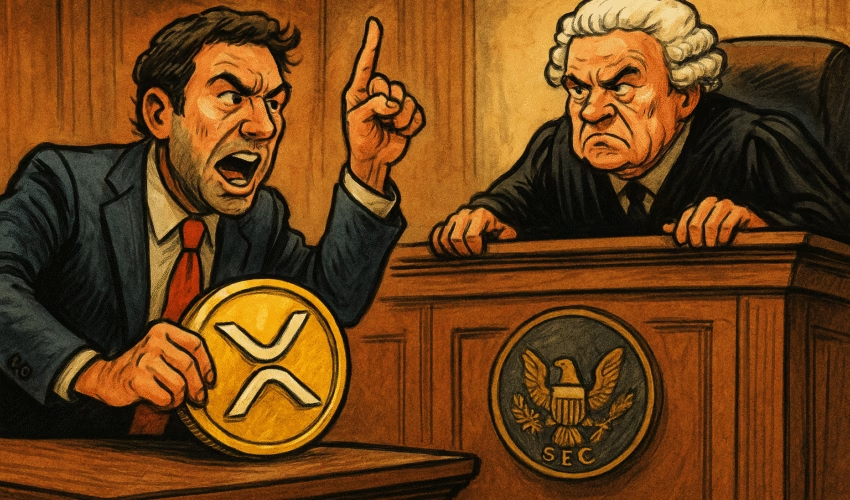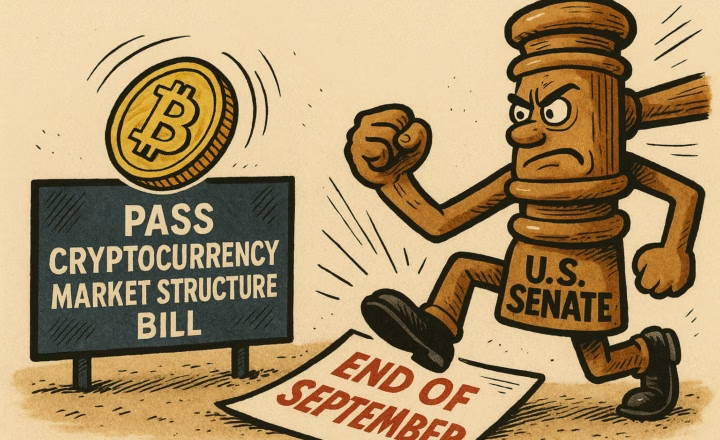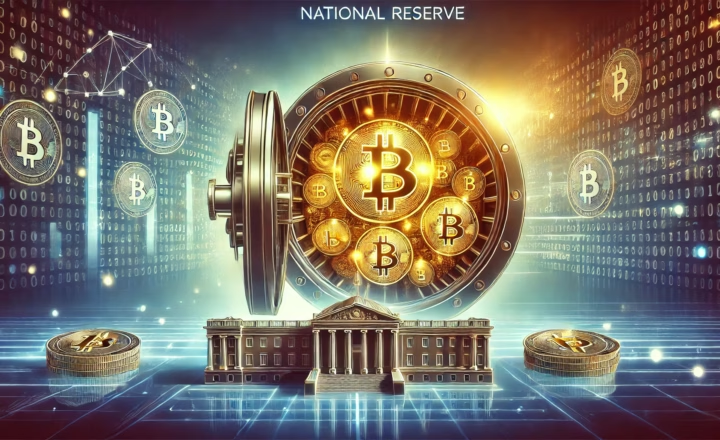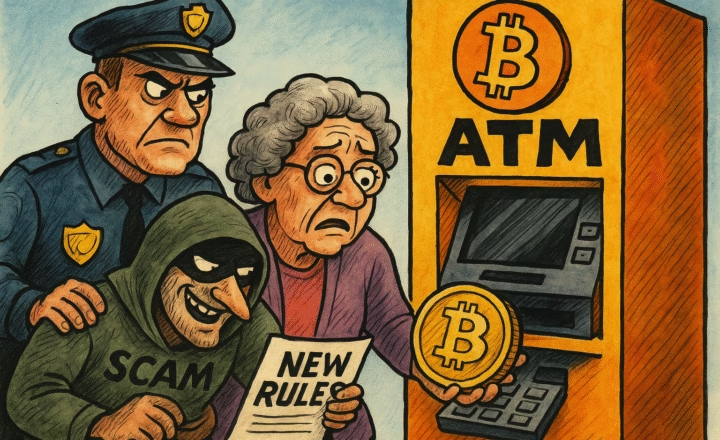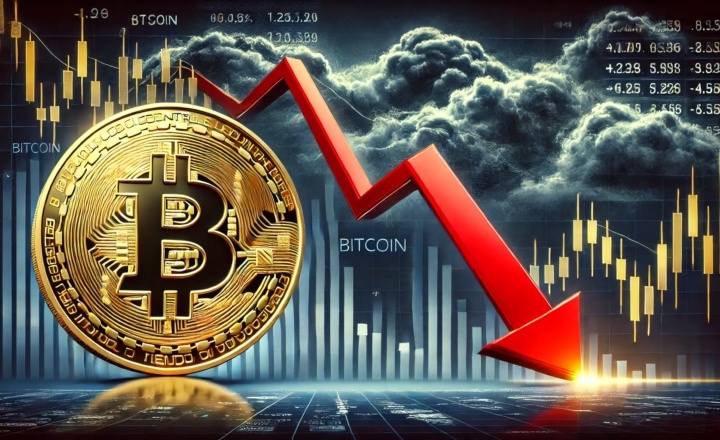Ripple Tells SEC: Fungible Crypto Tokens Are Not Securities in Secondary Sales
Blockchain company Ripple has pushed back against the U.S. Securities and Exchange Commission (SEC), arguing that fungible cryptocurrencies like XRP do not constitute securities when traded in secondary market transactions.
In a letter dated May 27, Ripple cited a key argument from Lewis Cohen, a leading legal expert on crypto regulation. His influential 2022 paper asserts that:
“There is no current basis in the law relating to ‘investment contracts’ to classify most fungible crypto assets as securities when transferred in secondary transactions.”
Cohen emphasized that secondary sales — such as peer-to-peer trades or exchange transactions — typically do not involve the kind of ongoing legal relationship between a buyer and an issuing entity that is required for a transaction to qualify as a securities offering.
Ripple Cites SEC Commissioner’s “New Paradigm” View
Ripple’s letter also referenced recent remarks by SEC Commissioner Hester Peirce, who now heads the agency’s Crypto Task Force. In a May 19 speech, Peirce criticized the SEC’s past enforcement-heavy approach and advocated for a more constructive regulatory path:
“Most currently existing crypto assets in the market are not [securities]. Economic realities matter, and non-security crypto assets may be distributed as part of an investment contract, but that does not make the asset itself a security.”
Peirce’s comments were interpreted by many in the industry as a significant shift from the SEC’s previous posture under former Chair Gary Gensler, who had insisted that most digital assets fall under securities laws.
Background: Ripple’s Legal Battle with the SEC
The SEC sued Ripple in December 2020, alleging that its XRP token was sold as an unregistered security. The case became one of the highest-profile legal battles in crypto history.
However, the tide turned after the U.S. District Court ruled in July 2023 that XRP is not a security when sold on secondary markets. While some institutional sales of XRP were deemed investment contracts, the token itself was not found to be a security — a major victory for Ripple.
The SEC later dropped its appeal of that ruling in April 2025, following broader changes in regulatory direction under President Donald Trump.
What Ripple Wants Now
Ripple’s latest letter seeks formal acknowledgment from the SEC that fungible tokens traded in the secondary market should not be automatically classified as securities. The company urged the Commission to align with both legal precedent and economic reality:
“XRP itself is not a security, and secondary sales of XRP should not be subject to securities regulation.”
As the regulatory landscape shifts under new leadership, the crypto industry continues to press for clear rules that differentiate between tokens used for fundraising and those used in open-market transactions.
The outcome of this ongoing debate could shape the legal classification of hundreds of crypto assets in the United States.

